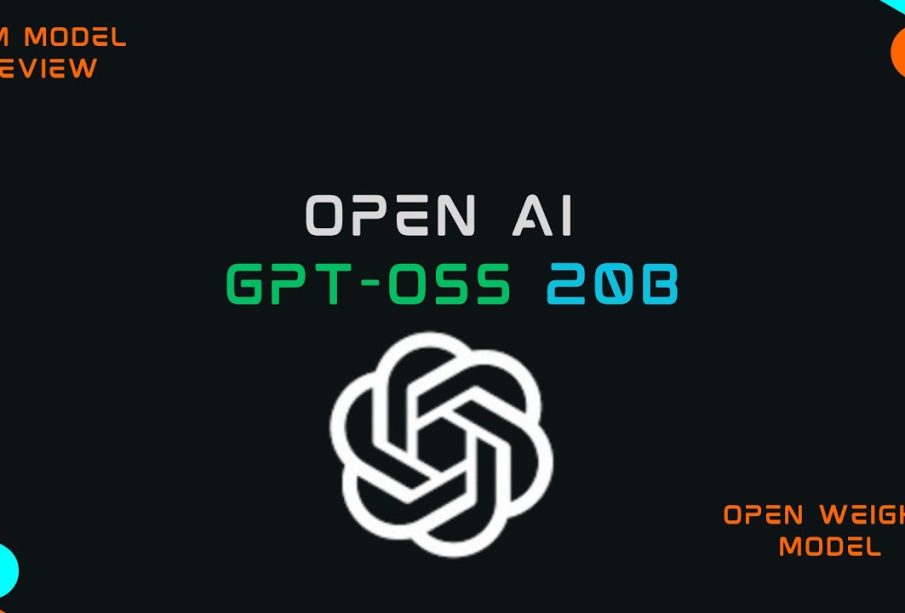The Rise of GPT OSS: A New Era for Open Source AI

Introduction
The development of artificial intelligence has rapidly transformed the way industries operate, making the topic of open-source AI more relevant than ever. Central to this discussion is GPT OSS, an open-source version of the acclaimed Generative Pre-trained Transformer model developed by OpenAI. This emerging framework is gaining attention within the tech community for its ability to democratise access to advanced AI capabilities, enabling developers and organisations to leverage powerful tools without the restrictions typically associated with proprietary software.
The Significance of GPT OSS in AI Development
As AI technologies become increasingly embedded in various sectors, the importance of accessible tools cannot be overstated. GPT OSS addresses significant barriers by providing a framework that allows developers to freely innovate, modify, and integrate AI functionalities into their applications. This open-source project not only promotes collaboration but also enhances trust and security in AI development, as the community can inspect and audit the underlying code.
Current Developments and Community Engagement
Since its initial release in 2023, GPT OSS has garnered considerable attention from the developer community. Numerous contributors have helped refine the model, adding enhancements that improve its efficiency, versatility, and user-friendliness. Events such as AI hackathons and community meetups have been instrumental in fostering dialogue and collaboration among enthusiasts and professionals alike. These gatherings often yield innovative projects, showcasing the capabilities of GPT OSS across various applications, including natural language processing, content generation, and more.
The Impact on Industries
Industries are beginning to realise the potential of GPT OSS in streamlining operations and enhancing productivity. From customer service chatbots to AI-driven content creation, businesses are adopting the technology to improve workflows and offer better customer experiences. The flexibility of an open-source model allows organisations to tailor solutions specifically to their needs, providing a competitive edge in an increasingly crowded marketplace. Moreover, the transparent nature of GPT OSS enables companies to maintain compliance with ethical AI practices, an important consideration in today’s data-driven environment.
Future Prospects and Challenges
Looking ahead, the prospects for GPT OSS seem bright, as interest in open-source AI continues to burgeon. However, challenges remain, such as ensuring adequate support for users and maintaining a robust contributor base to uphold the quality of the model. As the landscape of AI evolves, continuous efforts from the community will be essential in addressing vulnerabilities and promoting best practices.
Conclusion
In conclusion, GPT OSS stands at the forefront of a new era in open-source AI development. The shift towards accessibility and transparency is reshaping the relationship between technology and its users, opening doors for innovation across various fields. As we advance, the collaborative spirit of the developer community will likely play a crucial role in harnessing the full potential of this powerful tool, ultimately driving the next wave of AI advancements.








